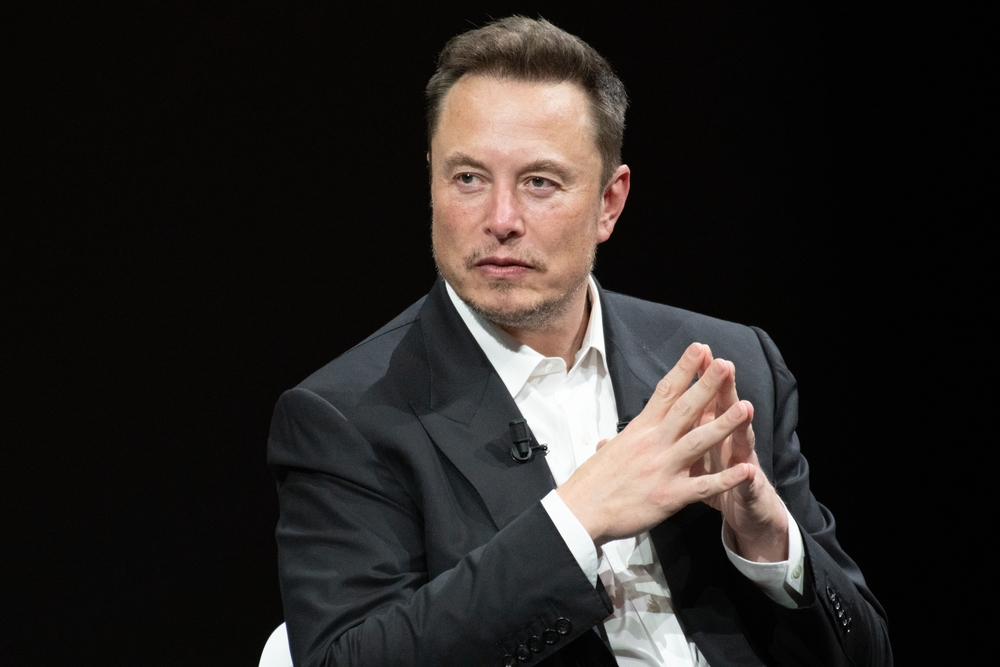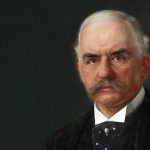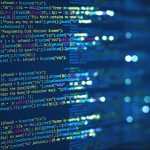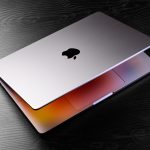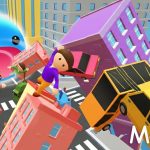Tesla Sues Former Engineer for Stealing Robotic Trade Secrets
In a dramatic legal move that underscores the fierce race to dominate the future of robotics, Tesla has filed a lawsuit against a former engineer, Zhongjie “Jay” Li, for allegedly stealing proprietary information from its Optimus humanoid robot project and using it to create a competing startup, Proception.
Allegations of Trade Secret Theft
According to a complaint filed Wednesday and first reported by Bloomberg, Tesla accuses Li of misappropriating “advanced robotic hand sensor technology”—a key component of its Optimus robot—during his employment between August 2022 and September 2024. Tesla claims Li downloaded sensitive data to two personal smartphones, violating confidentiality agreements and intellectual property rights.
Li is also alleged to have conducted online searches during work hours for “humanoid robotic hands,” venture capital contacts, and startup funding, signaling his intent to launch a competing product. Just days after leaving Tesla, Li incorporated Proception, now a Y Combinator-backed startup that publicly claims to have built the world’s most advanced humanoid robotic hands.
Related: The Tesla Price Fall: What Happened and What You Should Watch Next
Tesla’s lawsuit emphasizes the timeline: "Within just five months of incorporation, Proception was already showcasing robotic hands that bear a striking resemblance to Tesla’s designs," the complaint notes.
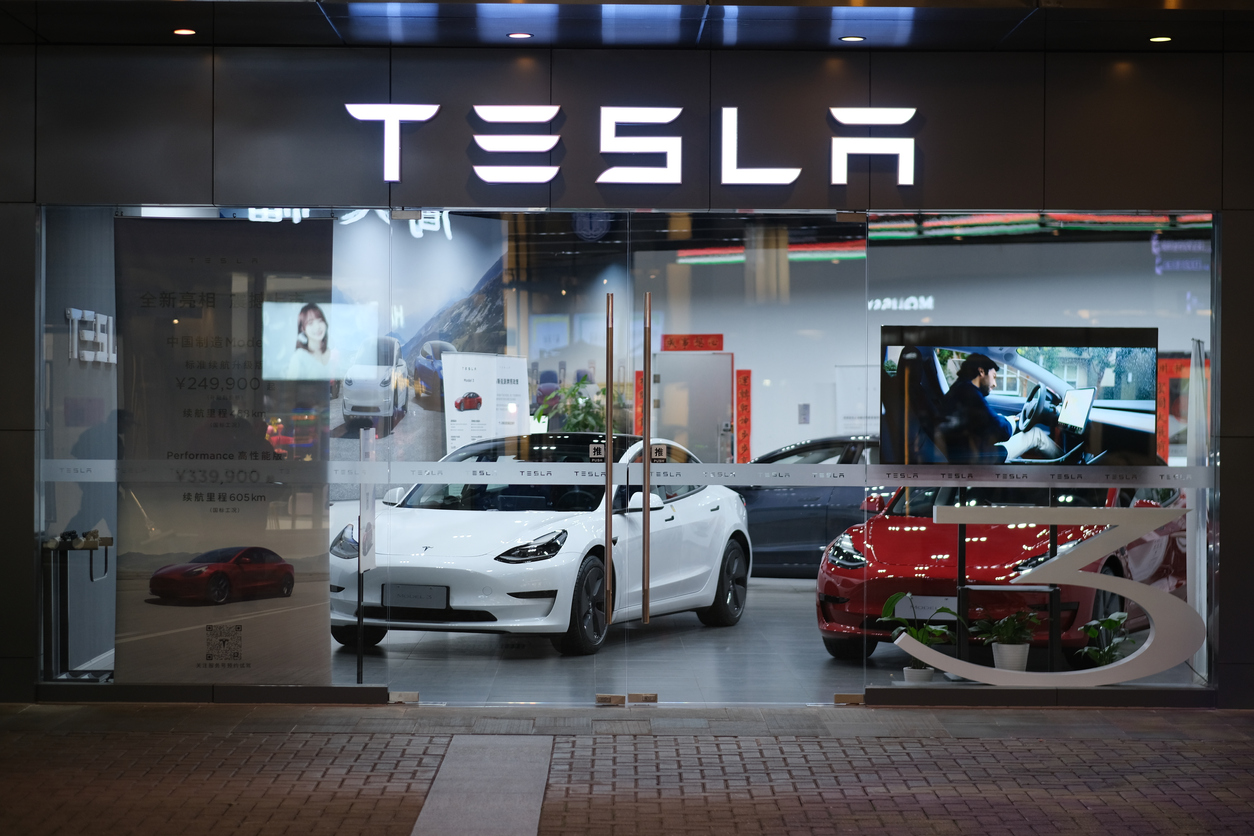
Why the Lawsuit Matters
Tesla has poured vast resources into its Optimus robot program, first revealed by Elon Musk in 2021 as part of his bold vision to create humanoid robots capable of performing repetitive or dangerous tasks. Despite early promises of a commercial launch by 2023, the Optimus program remains in development. In 2024, Musk pushed the sale timeline to 2026, even as live demonstrations still required offsite human control.
With competition in robotics heating up and a multibillion-dollar future at stake, Tesla’s legal action is about protecting its intellectual edge. The robotic hand is considered one of the most complex and mission-critical parts of humanoid robots, crucial for delicate manipulation and interaction in human environments.
Related: Xiaomi Declares War on Tesla, Apple & Huawei in Tech Shakeup
Related: Elon Musk's DOGE Cuts Spark Chaos in Federal Services
What's at Stake?
While the lawsuit does not yet specify financial damages, it seeks injunctive relief, which could force Proception to halt its work and potentially return or destroy all materials derived from Tesla's IP. Tesla is also likely to seek monetary damages—which could range into millions of dollars, given the competitive implications and R&D investments involved.
Tesla's legal team is expected to argue that Proception’s very existence—and especially its rapid product development—is based on misappropriated innovations, giving them an unfair market advantage.
Proception’s Position & Industry Implications
Proception, which has attracted attention for its promise to “revolutionize human-robot interaction,” has not publicly responded to the allegations. TechCrunch and other outlets have reached out to both companies for comment.
The lawsuit could serve as a warning shot in Silicon Valley, where employee mobility and startup culture often clash with the boundaries of intellectual property. For Tesla, it's not just about punishing a former employee—it’s about defending its place in the AI and robotics arms race.
As Tesla’s bots edge closer to reality and Proception prepares to enter the same market, the courtroom may become the first true battleground in the fight to build the next generation of intelligent machines.



